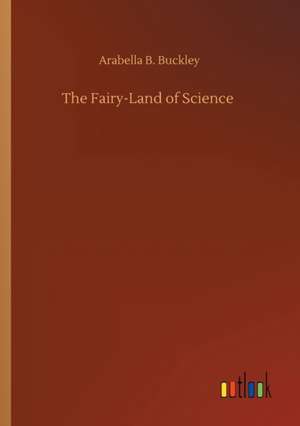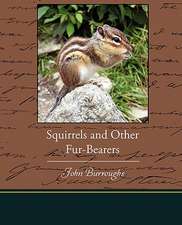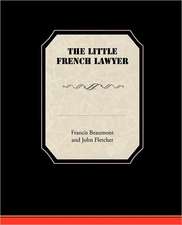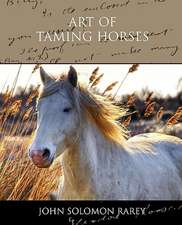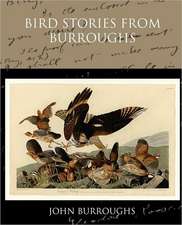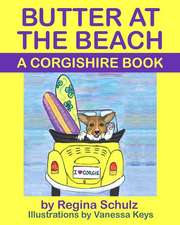The Fairy-Land of Science
Autor Arabella B. Buckleyen Limba Engleză Paperback – 24 sep 2019
| Toate formatele și edițiile | Preț | Express |
|---|---|---|
| Paperback (5) | 123.78 lei 6-8 săpt. | |
| Outlook Verlag – 24 sep 2019 | 184.94 lei 3-5 săpt. | |
| Book Jungle – 30 dec 2009 | 123.78 lei 6-8 săpt. | |
| LIGHTNING SOURCE INC – 16 mai 2018 | 127.12 lei 17-23 zile | |
| LIGHTNING SOURCE INC – 27 mai 2018 | 129.92 lei 17-23 zile | |
| TREDITION CLASSICS – 31 oct 2011 | 146.65 lei 6-8 săpt. | |
| Hardback (1) | 338.03 lei 3-5 săpt. | |
| Outlook Verlag – 24 sep 2019 | 338.03 lei 3-5 săpt. |
Preț: 184.94 lei
Nou
Puncte Express: 277
Preț estimativ în valută:
35.39€ • 36.85$ • 29.91£
35.39€ • 36.85$ • 29.91£
Carte disponibilă
Livrare economică 15 februarie-01 martie
Preluare comenzi: 021 569.72.76
Specificații
ISBN-13: 9783734088506
ISBN-10: 373408850X
Pagini: 120
Dimensiuni: 148 x 210 x 9 mm
Greutate: 0.17 kg
Editura: Outlook Verlag
ISBN-10: 373408850X
Pagini: 120
Dimensiuni: 148 x 210 x 9 mm
Greutate: 0.17 kg
Editura: Outlook Verlag
Notă biografică
Writer and science educator Arabella Burton Buckley was born on 24 October 1840 and passed away on 9 February 1929. In contrast to the prevalent emphasis on rivalry and physical survival, she promoted Darwinian evolution with a focus on the mind and morals. She was able to "handle evolution with remarkable finesse and sincerity," according to Charles Darwin. England's Brighton is where Buckley was born. Henry Buckley, the first Baron Wrenbury, was her brother. She began working as Charles Lyell's secretary when she was 24 years old, and she stayed with him until his passing in 1875, following which Charles Darwin wrote to her to express his sympathy. She had good credentials to instruct children because she was Charles Lyell's assistant and a woman. The Fairy Land of Science, one of Buckley's earliest works, presents her views on science in the context of a children's book, much like a mother teaching her kid. In one of her lectures titled "The Two Great Sculptors - Water and Ice," she makes a point of comparing how hills, crevasses, and valleys are formed by water and ice to how a sculptor shapes a statue with a chisel.
